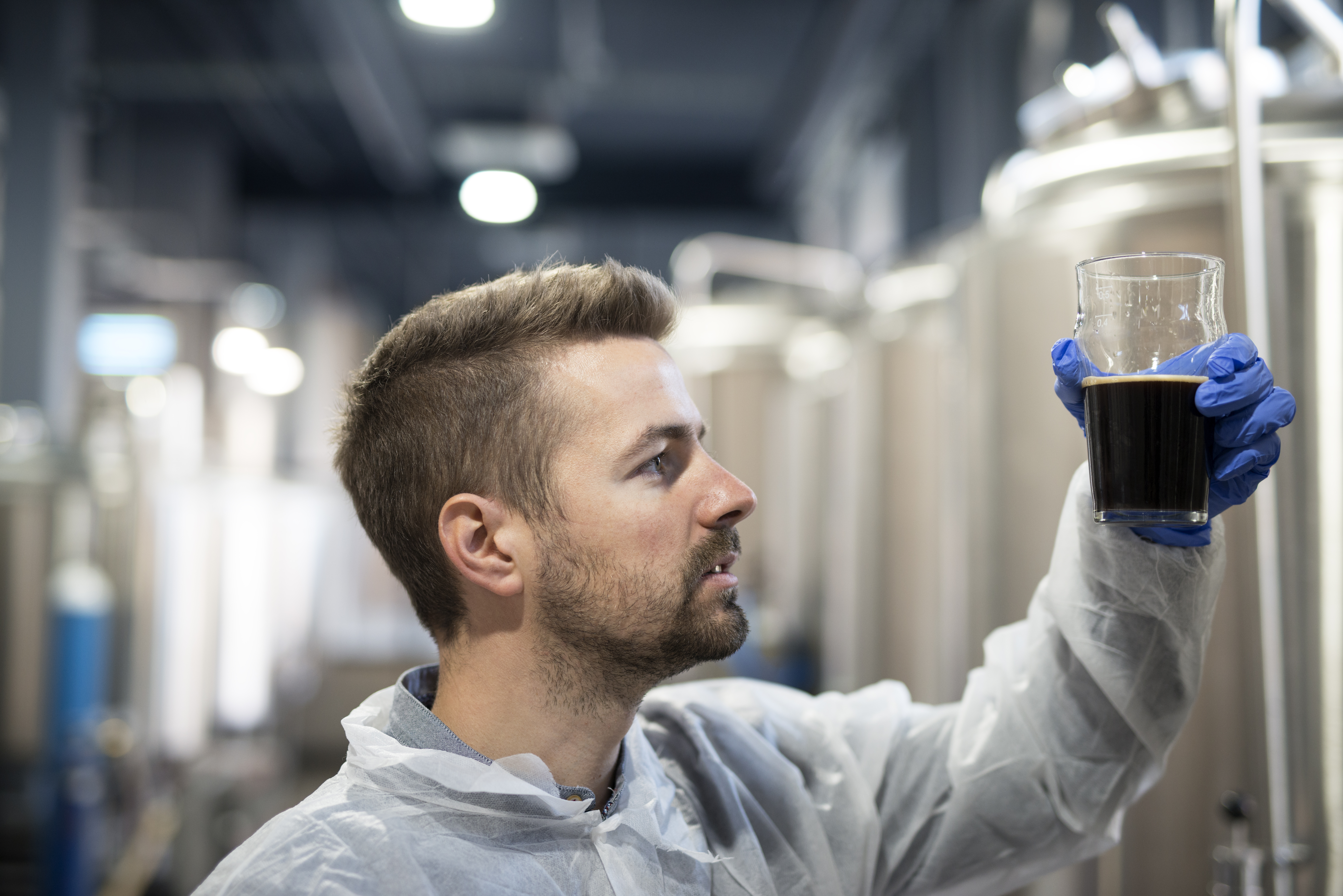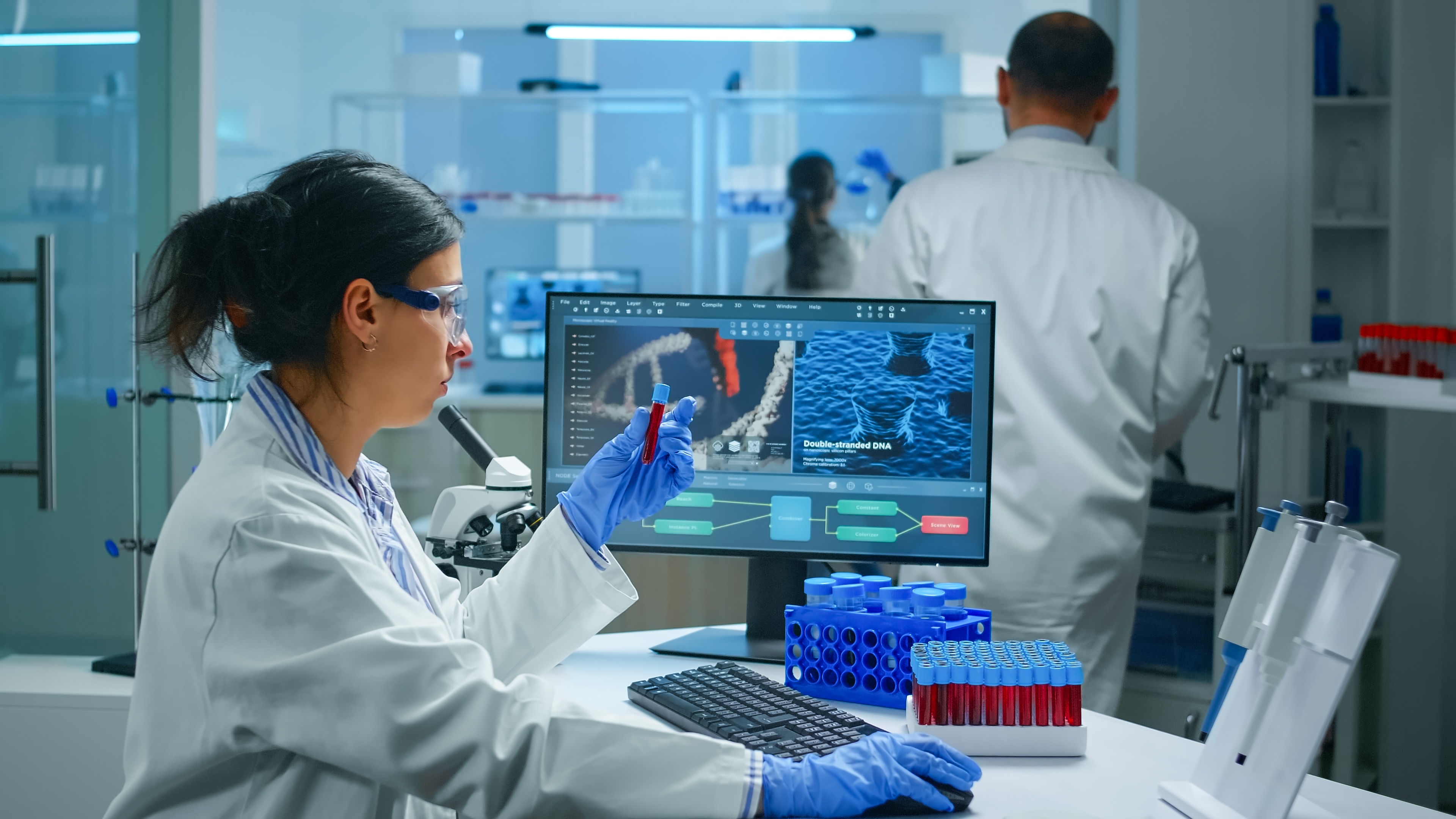Chemical Innovations: Sustainable Practices Leading the Way in Industrial Production

The industrial sector has a big responsibility in today’s world, the need for sustainable practices has never been more crucial. Changes in how industries are influenced by and interact with the environment hinge on chemical innovations. As a content writer with a good 10 years under my belt, I’ve seen the big changes in industrial production, especially the focus on sustainability. This blog further explains the chemical innovations that are contributing towards the green transition of industries and ultimately the world.
Conversion to green methods is essentially driven by the concept of green chemistry. This new discipline offers a unique approach in the design of chemical products and processes such that people would be able to enjoy the benefits while minimizing the harm associated with the use and creation of chemicals. Safe and environmentally friendly technologies are indispensable to boosting production efficiency and cutting waste. For example, using biomaterials such as biodegradable solvents and non-dangerous reagents, helps to manufacture products that do not harm human beings or nature as much.
The use of bio-based materials has been one of the most thrilling developments in chemical innovation. Such products are made from renewable resources like plants and agricultural residues, thus, providing a substitute to conventional petroleum-based products. The industries have begun using bio-plastics, biofuels and bio-lubricants which not only help in reducing the use of fossil fuels but also cut down on carbon emissions. Thus, the companies that put money into bio-based materials are not only making the planet to be going green, but they are also addressing the ever-increasing market of environmentally friendly goods.
In addition, the application of AI and Machine Learning in chemical production is altering the practices of industries regarding sustainability. Through data, companies are able to make informed decisions that improve their operations and boost product quality while minimizing waste. For example, a manufacturer can employ AI systems that facilitate instant simulation of desired chemical reactions. Such predictive technology allows a preceding resource sourcing of only what is required and therefore eliminating unnecessary costs of excess resources. This leads to not only reduced costs but also the environmental impact of industrial manufacturing processes.
Sustainable Chemical Innovations also, includes the Circular Economy. This model emphasizes on the minimization of waste by extending the lifespan of materials and recycling them into products, A paradigm shift is happening in industries in this approach as there is an increasing effort to design processes that are closed loop systems . For example, more and more companies are employing techniques which enable them to reclaim solvents and chemicals thereby reducing their dependence on virgin materials. It not only helps in saving resources but also stimulates creativity as companies encourage innovative uses of materials.
Moreover, the emergence of the sustainable supply chains is changing patterns of industrial production. Firms are increasingly looking for sources that comply with environmentally friendly policies and practices at every stage of the production process. This integrated approach not only enhances the image of the business entity, but also captures the attention of the environmentally conscious market. By focusing on sustainability in their supply chains, firms will be able to enhance the robustness and flexibility of their operations in a world with tightening environmental restrictions.
In terms of sustainability, the companies in the chemical industry are further adopting new innovations while adhering to the economic regulations set forth. Environmental policies are becoming tougher across the board and they are forcing firms to be environmentally greener. Not only do these regulations help prevent being penalized but they also create new opportunities in the market. Market competition in every industry will require a sustainable component hence advantage those with it.
Consumer understanding of the sustainability aspect is equally crucial. Today's climate-conscious consumers are increasingly aware of their buying behaviors and demanding eco-friendly products. A change in the attitude of consumers in this way is forcing firms to adopt sustainability standards in their manufacturing ways. Firms that integrate chemical modernizations and efficient resource techniques into their business model will stand out in the setting: such firms will retain green customers.
To summarize, the merging of sustainability and chemistry is changing the landscape of industrial processes. New elements such as green chemistry, bio-based sources, AI, and circular economy are revolutionizing traditional practices into a more sustainable approach. In my capacity as a senior content writer with several years of experience, I do not think that committing to sustainability is merely an option; it is a must if humanity is to hope for its survival and future generations. Those industries that do not resist these changes will not only be successful but most importantly contribute to the creating a better world.



